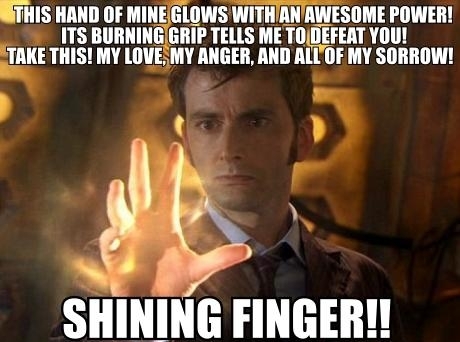All the Timelords, like all the Daleks, are extinct because they killed each other in the Time War. We are given to believe there was one HUGE final battle that finally did them all in. In the interests of scriptwriting, and because you can do pretty much what you want (and what you don't want: "OMG THE KILLER PARADOXES") with time travel, various numbers of Timelords or Daleks pop back up into our universe for a short while and then get batted back out.
My advice is to watch the rest of the last season, watch the new season as it comes to you, and then as time permits you, go back and watch in order the back series from 2005 onwards. There is some FANTASTIC scripting in the 2005 season with the Ecclston Doctor, well worth watching. Tennant made an awesome Doctor, so many people might say: "start from the Tennant series", but I think that would be missing out. Plus you'd miss the Rose and the TARDIS moment, which I think is one of the most hair-raising moments in television. So however long it takes you into the future, the 2005-2009 series will give you some great viewing.
The only context that you'd be missing from the "New" (2005 onwards) Doctor Who, is that the old (1963-1989) Doctor Who series had a completely ruthless treatment of Companions, arising from the totally different format. The old format was an adventure SF story told in 6 30-minute episodes. Each six-parter was pretty much a self-contained story in itself. The focus was on arrival at a new place-and-time in history, the discovery of something going wrong, getting attacked by baddies, the Doctor and the Companion saving the day, then the Doctor and the Companion leaving everyone and everything there behind, and leaving for someplace new. While the New series stuffs this format into a single hour episode, it ALSO places much more emphasis on the continuing whole-Dr Who Universe-story arc, season by season.
In the Old series, while there was background continuity to the Dr Who universe, and people and times he returned to more than once, the adventure story was the thing. The Doctor-Companion relationship was a "Hero and Sidekick" relationship, and was utterly weird if you tried to think about it at all in anything other than that depth. The Doctor would pretty much hijack the nearest woman when he was on his own, and then abandon her back home at the drop of a hat, disappearing without her via the TARDIS. On all the Doctor's adventures he dropped in, whirled about, then left everyone behind.
The fascinating thing about the 2005-2010 scripts is that those back adventures are critiqued via the lens of an adult mind. The Doctor is criticised and chastised for not considering how he affects the people and societies he constantly leaves behind: the emotional wreckage of being a disappearing friend; the societal wreckage of being an absent interferer who does not follow up on his activities, who does not stay on the time-line to make sure that things don't nose-dive behind his back. The new series also looks at the emotional wreckage to HIM of being an immortal amongst mortals.
In the new Dr Who the character of Sarah-Jane Smith is one of the old Companions in the old series. They were able to dig up the previous actress for the part. She was young and beautiful when they had their old adventures before he literally abandoned her on the street one day. "Now" she is middle aged and wrinkly. The old series would never revisit a Companion in this way. The new series deliberately does so.
Edited, Apr 3rd 2011 2:17am by Aripyanfar



